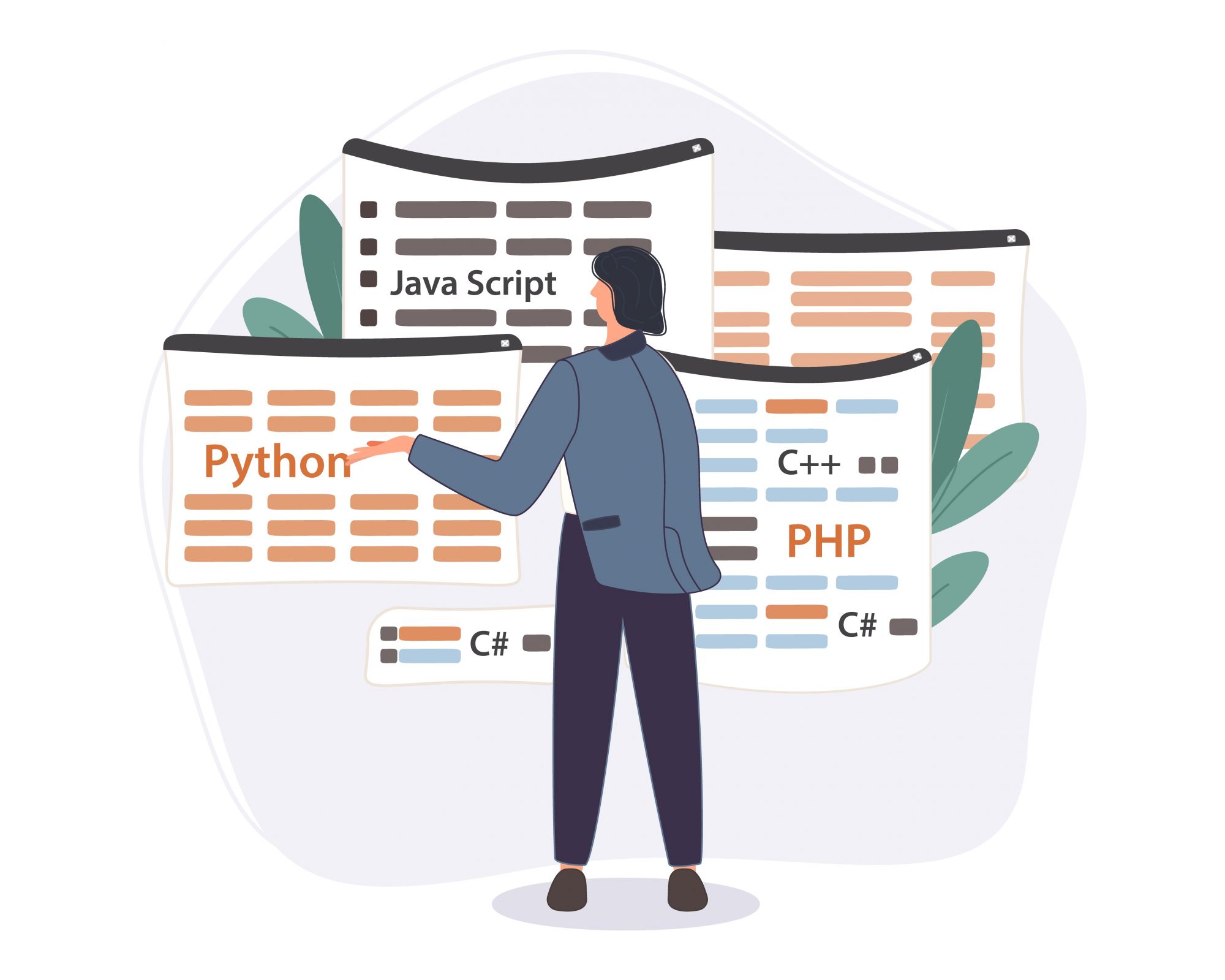Language C/C++

The C programming language was originally used for system development, namely for the programmes that comprise the operating system. Because the running speed of code created by the C language is nearly identical to that of code written in the assembly language, the C language is utilised as the system development language. C is currently the most extensively used system programming language. The C programming language is used to create the majority of complex software.
C++ is a descendant of the C language. It is a popular computer programming language. C++ may enable procedural programming, data abstraction, Object-oriented programming, generic programming, principle-based design, and other programming styles as a general-purpose programming language that supports static data type checking and many paradigms. C++ offers a wide variety of programming areas and is frequently used in system development, engine development, and other application sectors. It is widely utilised and well-liked by programmers. C++ not only has the practical qualities of efficient computer operation, but it also aspires to enhance the programming quality of large-scale programmes and programming languages' issue description ability.
| int i = 0; while (i < 5) { printf("%d\n", i); i++; } |
Java

Java is an object-oriented programming language that may be used to create cross-platform software applications. Java SE (Java Platform, Standard Edition) is used to produce desktop applications, Java EE (Java Platform, Enterprise Edition) is used to develop Web applications, and Java ME (Java Platform, Micro Edition) is used to develop mobile and embedded applications.
Currently, Java is the most common back-end programming language for most businesses, but also because Java development is tough and time-consuming, it is best suited for large-scale enterprise-level projects.
| for (let i = 0; i < cars.length; i++) { text += cars[i] + "<br>"; } |
PHP

PHP is a powerful server-side programming language that can be used to create dynamic and interactive websites. PHP is a free and open source programming language. PHP's main benefit is its minimal learning curve as a result of this capability. It can be run almost anywhere, is hosted, and is quite easy. Because Wikipedia utilises PHP, it is evident that PHP can be used to produce an useful huge website. PHP is appropriate for creating lightweight applications such as personal websites and business official websites.
| <?php $x = 1; while($x <= 5) { echo "The number is: $x <br>"; $x++; } ?> |
Python

Python is a computer programming language that is object-oriented and interpreted. The source code and interpreter CPython adhere to the GPL (GNU General Public License) agreement. Python's syntax is compact and unambiguous, and one of its distinguishing features is the need of using white space as statement indentation. Python has a large and strong library since it can readily connect multiple modules written in other languages (particularly C/C++). A popular application scenario is to use Python to quickly produce the software prototype (sometimes even the final interface), and then rewrite the sections with unique needs in a more appropriate language, such as the graphics rendering module in 3D games. If the speed requirements are really high, it can be rebuilt in C/C++ and encased as an extended class library that Python can call. It should be noted that while utilising extended class libraries, you may need to consider platform concerns, and some may not provide cross-platform implementations.
| i = 1 while i < 6: print(i) i += 1 else: print("i is no longer less than 6") |
Go

Go is Google's second open source programming language, launched in 2009. It is designed for the development of multiprocessor system applications. It is a highly useful and powerful system language, and its applications are similar to C or C++ code in terms of speed, security, and parallelism.
Go allows for object orientation and includes capabilities such as real closures and reflection. It simplifies the code without affecting application speed.
| package main import ("fmt") func main() { for i:=0; i < 5; i++ { fmt.Println(i) } } |
Node.js

Node.js is a JavaScript application that runs on the server. It is a platform based on the JavaScript runtime in Chrome.
Front-end programmers that do not utilise dynamic programming languages such as Python, PHP, and Java should use Node.js to build their own services. Because Node.js is JavaScript running on the server, knowing how to utilise JavaScript will help you understand Node.js. Simultaneously, mastering this Node.js training can assist back-end programmers in deploying certain high-performance services.
| var MongoClient = require('mongodb').MongoClient; var url = "mongodb://localhost:27017/mydb"; MongoClient.connect(url, function(err, db) { if (err) throw err; console.log("Database created!"); db.close(); }); |



